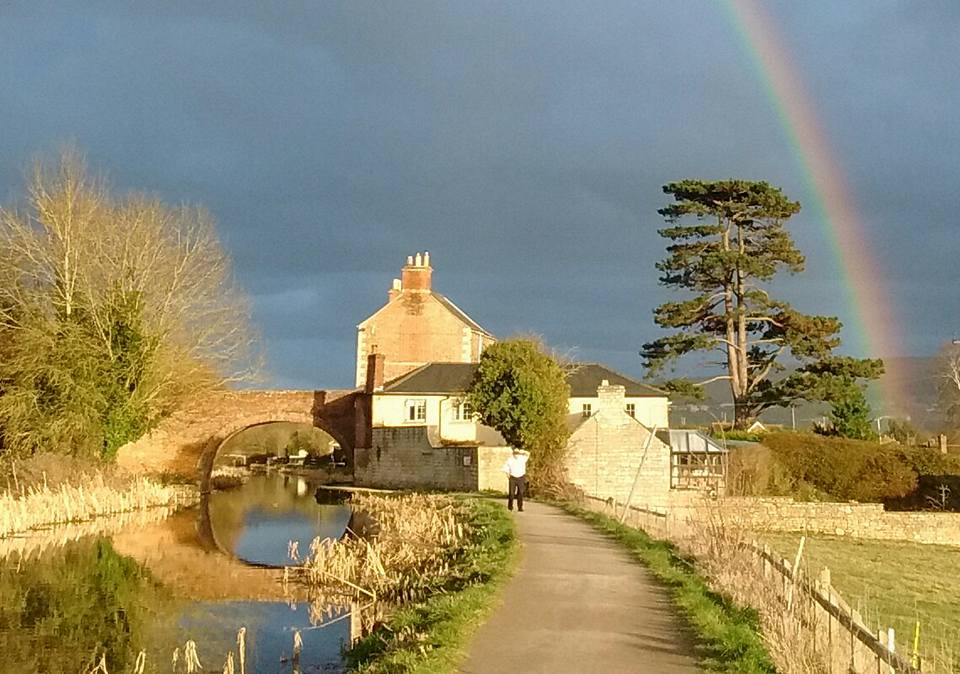This Week’s Bit of String: A few hundred definite articles
When I was young and had energy–aged three, to be exact–I started eschewing naps. My mother would put me down for a “Quiet Time” instead, with a stack of books to look through. I knew their stories well, but I wanted to properly read them. Logically I started at the beginning, and as my mother settled me down, I asked what the first word of the top book’s title was.
It was “The,” as in The Wizard of Oz. Now able to read my first word, I went through every book I had and counted how many times “the” appeared in my books. I kept counting wherever I went, well up into the hundreds, until I noticed the word “there,” and counted those. I was in the midst of counting “thens” when all the other words started making sense and I lost count, too busy reading. Sucked into new realms.

Our copy of The Wizard of Oz was a big, almost A3-sized book with illustrations based on the film version. Since it became my first reading experience, I have a soft spot for the story–but clearly I was already drawn to it, since it inspired me to try and read in the first place.
Real Life or Dreams
One thing that bothered me about the movie was how it framed Dorothy’s whole adventure as a dream. I preferred the Chronicles of Narnia, in which all that happened was incontrovertibly real, just occurring in a different dimension (which I tried to reach through many a wardrobe). I felt it diminished Dorothy’s experiences to portray them as just a dream.
Even now, I get a bit ruffled when creators use the “But was it all a dream?” cliche. Hopefully this doesn’t make me too simplistic or uncultured, but I like reality clearly delineated. If an unreliable narrator misleads us for their own ends, or for their own survival, or if they’ve been misled, I’m all in and I have colossal respect for the storytelling (Elinor Oliphant is Completely Fine, Fingersmith, Life of Pi). But if, for example, a TV show or film implies the entire premise has only happened in a character’s mind, as one episode of Buffy the Vampire Slayer tried to do, I’m offended. How dare the whole plot be minimised in this way?
The secondary school where I work just finished an energetic, 6-performance run of The Wizard of Oz. My husband played in the band and I helped a bit with front of house and quick changes. When a production ends, it’s like waking up from a dream. There’s that sudden cessation of energy and the unwinding of a massive, intricate knot as everyone goes their separate ways.
It struck me, watching it again after a long while, that actually the way the story unfolds is just the way a child might imagine it. As a conquering hero, but innocent, with devoted friends and all sorts of magic. It’s not a diminishment of childhood experience, it’s an ode to their imagination, and I was quite moved by it.
Haunted Forests
It also serves as a reminder that even in our heads, even as children, we’re not completely safe. I don’t know any child capable of constructing a fantasy where nothing bad happens. Otherwise, how would we prove our heroism, and our comparative innocence? Dorothy tries to invent a place where there isn’t any trouble, but trouble gets in anyway.

It’s all those anxieties about the future and those fearful spectres from our past creeping up. “Just try to stay out of my way,” they cackle. “Just TRY.”
One of the reasons I’m quite sensitive about stories being dismissed as “all in your head” derives from my experience in a psychiatric ward when I was 12. I was withdrawn and always thinking about stories. The staff wrote in my records that I seemed to be “responding to internal stimuli” and I was put on anti-hallucination medication.
“Are you hearing voices?” the psychiatrist, a toneless woman with an unfortunate resemblance to Jabba the Hutt, asked.
“No.”
“Are the voices telling you to say that?”
“No.”
But the doctors had become too entrenched in their own reality to decipher mine.
Fortunately, the pills didn’t affect my imaginings in the slightest; I could still escape. It shocks me that it never occurred to those medical professionals that a young patient would wish to imagine things outside the immediate reality of strip searches, iron-meshed windows and straitjacketed children screaming for help.
In my opinion, it should have been as obvious as Dorothy dreaming her way from black and white into colour. I suppose it proves how powerful our inner lives are; they can transport us so fully that people watching us have no idea where we’ve gone. I probably looked as if I was responding to internal stimuli when I was three years old counting “thes” and “thens,” and I go round mouthing dialogue to myself sometimes even now. I know what I’ve made up though, and what I haven’t. You can see why I’d find it irksome if someone tried to tell me otherwise.
What takes you over the rainbow? Has it ever gotten you into trouble?